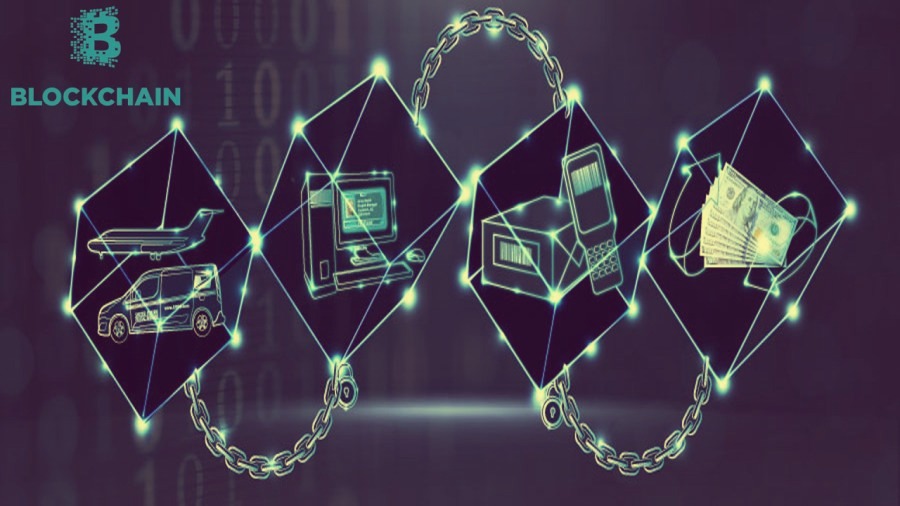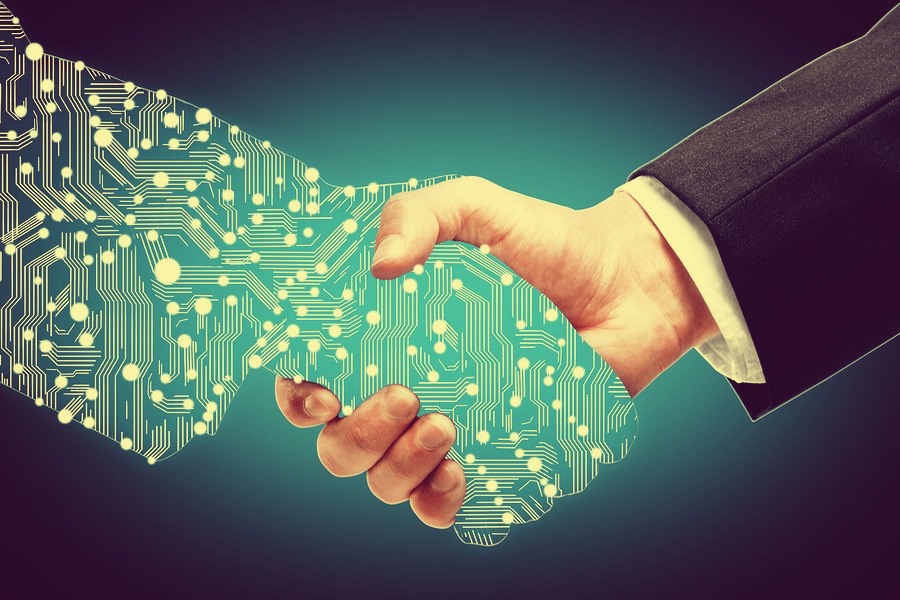Blockchain technology is the main concept in the world of cryptocurrency, and it is very important to know what it exactly is. Originally, this term was given to a distributed database in the Bitcoin system; and then it became the base of this cryptocurrency, performing the ledger function of all operations. The blocks store cryptographic data about transactions. Each block contains a timestamp and a link to the previous block; all blocks form a sequential and continuous chain.
To record a new block, the system reads old block information, so the data accumulates and forms a complementary base, whose information cannot be removed or replaced. This database is formed autonomously, without a centralized server. Multiple computers process copies of block chains and store them independently of each other. Encryption ensures synchronisation of these copies between all users directly conducting operations.
Table of Contents
Blockchain is transparent
Multiple copying guarantees transparency of transactions and provides a high level of dealings openness. Information in the blockchain is open, so anyone can see the history and size of the transaction. However, the information identifying the users is kept private. Access to the blockchain is available only by using trusted keys, which are presented as a set of cryptographic records. These keys are unique and cannot be replaced or hacked.
Blockchain is secure
Miners and other participants, referred to as nodes, provide the security and functionality of the blockchain. Amongst them there are full nodes — users of a full-fledged wallet, which store the full version of the blockchain on their computers. Its volume regularly grows and it weighed over 100 GB in 2017. The more active full nodes are located in the network, the faster the transaction information is processed. To write new data to the blockchain, it needs a consensus of nodes, which allows to filter transactions by recording only legitimate ones.
All blockchain participants have equal rights and each one of them acts as a guarantor. Due to decentralization, all users are independent and do not need any intermediaries and regulative services. With the help of the blockchain, people from all over the world can perform data transfers and transactions, despite the differing jurisdictions of their countries.


 Telegram
Telegram 
